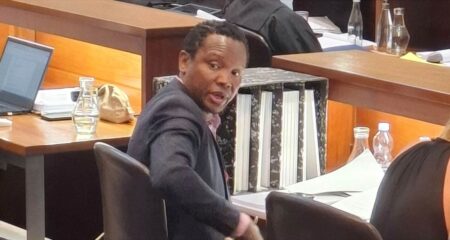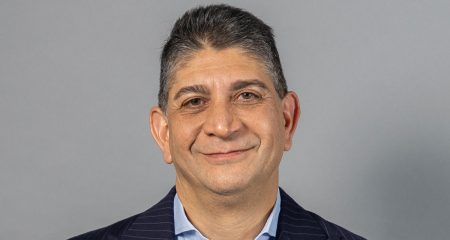
Vodacom in South Africa has sought to play down startling revelations on Friday that its parent, Vodafone, has secret wiretaps that allow government agencies to listen into and record live telephone conversations, a practice that is reportedly commonplace in many of the 29 countries in which the group operates.
According to a report in the Guardian, Vodafone, which is the world’s second largest mobile operator by subscribers, has “broken its silence” on the surveillance programme “in order to push back against the increasingly widespread use of phone and broadband networks to spy on citizens”. Later on Friday, the operator, which has more than 420m subscribers, intends publishing its first Law Enforcement Disclosure Report, which the Guardian says is the “most comprehensive survey yet of how governments monitor the conversations and whereabouts of their people”.
It is unlawful in South Africa and several other countries in which Vodafone operates to disclose information related to wiretapping and the interception of phone calls, including even whether such capabilities exist, according to the Guardian.
“We’re strictly bound by various regulations with respect to surveillance orders — for example, the Regulation of Interception of Communications and Provision of Communication-Related Information Act (Rica) and the Criminal Procedure Act — and the monitoring of communications can only take place within the framework provided by these regulations,” says Vodacom spokesman Richard Boorman.
“More specifically,” Boorman says, “Vodacom would have to be served with a valid subpoena from a designated judge for any form of surveillance to take place.”
Vodafone said on Friday that wires had been connected directly to its network and those of other telecoms groups, allowing government agencies to listen into and record live conversations. In some cases, phone users’ whereabouts were also tracked.
On whether there are any — or have been any — wiretaps directly into Vodacom’s network allowing government agencies to listen into its customers’ conversations or track their whereabouts, Boorman says: “The law enforcement authorities are better placed to comment on the type of surveillance undertaken in South Africa. I can only reiterate that any surveillance requests to Vodacom are carried out in accordance with the law, and only if Vodacom is served with a court order from a designated judge.”
Privacy advocates have met news of the government wiretaps with outrage, with Shami Chakrabarti, director of civil liberties group Liberty, telling the Guardian that “for governments to access phone calls at the flick of a switch is unprecedented and terrifying”.
Vodafone’s revelations come a year after whistleblower Edward Snowden, revealed the extent of US and UK government surveillance using electronic networks. Documents Snowden leaked to the media showed how the US government was collecting the records of millions of people, including American citizens, regardless of whether they were suspected of any wrongdoing.
The Guardian quotes Vodafone group privacy officer Stephen Deadman calling for an end to direct wiretapping into Vodafone’s networks.
“We are making a call to end direct access as a means of government agencies obtaining people’s communications data. Without an official warrant, there is no external visibility. If we receive a demand we can push back against the agency. The fact that a government has to issue a piece of paper is an important constraint on how powers are used.” — © 2014 NewsCentral Media




